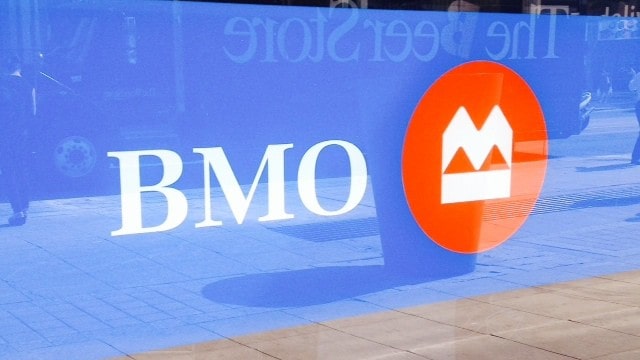Stock market investors looking for safe and rock-solid equity investments will always go for the Big Five, which comprises the largest banks in Canada. All five banks have survived and endured years of economic downturns. But with the recent bouts of stock market volatility, can investors still depend on bank stocks?
To this day, these banks from the 1800s are standing tall. Bank of Montreal (TSX:BMO)(NYSE:BMO) was the first to be established in 1817. Bank of Nova Scotia (1832), Toronto-Dominion Bank (1855) and Royal Bank of Canada (1864) soon followed.
In 1961, the largest merger in the country’s banking history took place when Canadian Bank of Commerce (1867) and Imperial Bank of Canada (1873) banded together to form Canadian Imperial Bank of Commerce.
The banking sector outlook
According to the nation’s central bank, the period of low interest rates is over. Rates are increasing, and households will experience rising debt servicing ratios (DSRs). This scenario was unheard of since the financial crisis. A rising DSR will have a material impact on consumer spending.
Further, it will trigger alarm bells in so far as delinquency rates and credit losses are concerned. Thus, investors are cautioned when taking positions, especially on banks whose earnings are derived from retail lending. The environment of higher retail credit risk looms in the horizon.
The impact of rising interest rates
The fear with a rising interest rate is that more Canadians will be debt-ridden and therefore pose a serious challenge for Canada’s economy. The economy tends to lean towards weakness if the burden is higher. This historical relationship bolsters the risk of recession in 2019 and is likely to intensify should interest rates continue to rise.
However, only the Bank of Canada can dispel the fears of recession. The central bank will have to continue tightening rates in 2019 and prevent the economy from diving into recession through interest rate hikes. Monetary policies should remain as catalysts for growth.
Setting the parameters
When the central bank raises interest rate, it indirectly affects the stock market but moves the banking sector. Obtaining money and the cost of doing business becomes more expensive. Banks are predisposed to increase mortgage loan rates, credit card APRs, and other commercial and retail rates.
Generally speaking, the banking sector benefits the most as banks can charge more for lending activities. Rising interest rates has a positive impact on banks’ profitability because of higher spreads. The extra earnings go directly to the bottom line. If the economy is doing well at the same time, banks can afford to pay sizable dividends.
Bank of Canada’s average inflation rate forecast is 2.4% and 2.2% in 2018 and 2019, respectively. The five-year average dividend yield of the Big Five is higher at 3.91%. Canadian Imperial Bank of Commerce has the highest average at 4.4%.
When making a choice, keep your parameters simple — price appreciation, higher dividend, and stability. But if you end up with any of the Big Five stocks, your investment is safe.








